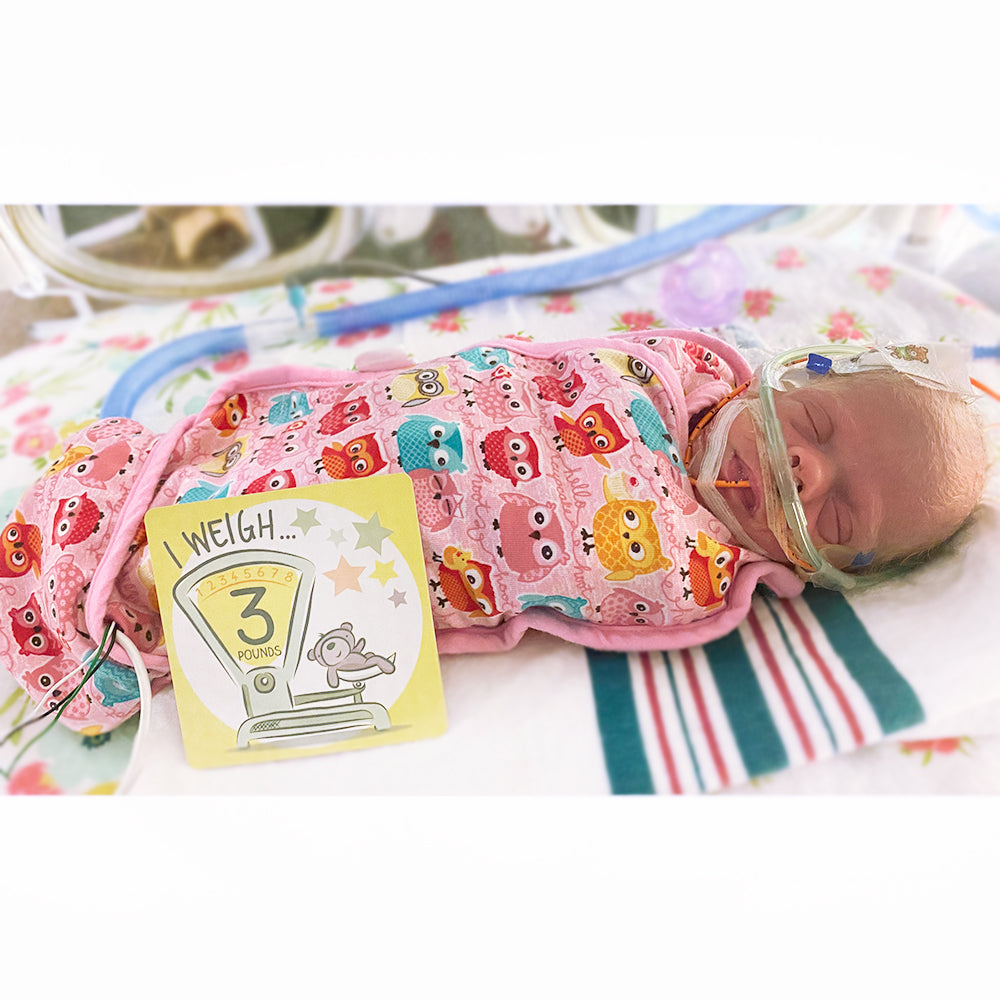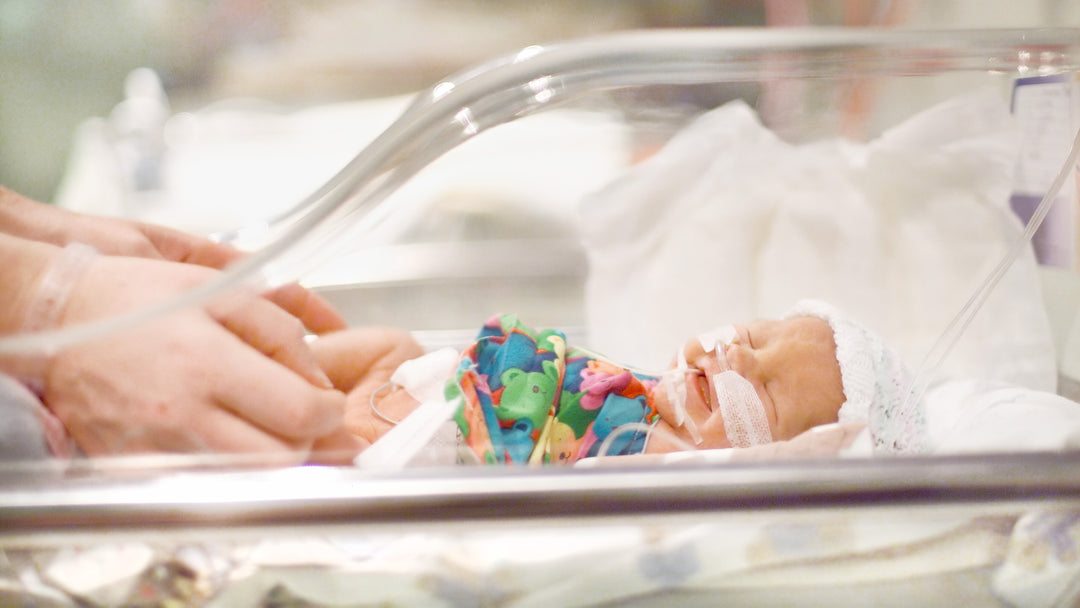What is a Parents Role in the NICU?
Being a parent is one of the most rewarding and challenging roles you will ever have. When your baby is born prematurely, that challenge can feel even greater. Your baby may need to stay in the neonatal intensive care unit (NICU) for an extended period of time, and you may feel like you are on an emotional rollercoaster. It can be hard to watch your baby go through medical procedures and treatments, and it can be difficult to be separated from them for long periods of time.
But despite these challenges, it is important for parents to be involved in their baby's care in the NICU. Research has shown that parental involvement in the NICU can lead to better outcomes for both the baby and the parents. In this article, we will explore the benefits of parental involvement in the NICU and offer some tips on how to be an active participant in your baby's care.
Benefits of Parental Involvement in the NICU
-
Improved outcomes for babies: When parents are actively involved in their baby's care in the NICU, the baby is more likely to have better outcomes. One study found that babies whose parents were involved in their care had shorter hospital stays and were less likely to be readmitted after being discharged. Another study found that babies whose parents were involved in their care had better cognitive and motor development at 18 months of age.
-
Improved mental health for parents: Being a parent in the NICU can be an emotionally draining experience. However, research has shown that parental involvement in the NICU can improve mental health outcomes for parents. One study found that parents who were more involved in their baby's care had lower levels of stress and depression.
-
Improved bonding and attachment: The bond between a parent and their child starts to form before the child is even born. When a baby is born premature and has to stay in the NICU, it can be difficult for parents to bond with their child. However, being as actively involved in your baby's care as you can be within the NICU limitations can help you bond with your child and develop a strong attachment. One study found that parents who were actively engaged in their baby's care were more likely to have positive parenting experiences.
-
Improved communication with healthcare providers: When you are actively involved in your baby's care, you will have more opportunities to talk with your baby's healthcare team. This can be helpful in understanding your baby's medical condition and treatment plan, and in making better informed decisions about your baby's care.
Tips for Parental Involvement in the NICU
-
Ask questions: Don't be afraid to ask questions of your baby's healthcare team. It is important for you to understand your preemie baby's medical condition and treatment plan, and asking questions can help you get the information you need.
-
Get involved in your baby's care: Many NICUs encourage parents to be involved in their baby's care. This can include things like changing diapers, giving feedings, and holding and cuddling your baby. Ask your baby's healthcare team if there are ways you can be involved in your baby's care.
-
Express your wishes and concerns: It is important for your baby's healthcare team to know your wishes and concerns. If there are certain things you do or do not want for your baby, be sure to let your baby's healthcare team know.
-
Take care of yourself: Being a parent in the NICU can be emotionally and physically draining. It is important to take care of yourself so that you can be there for your baby. Make sure to get enough rest, eat well, and take breaks when you need them. It is also a good idea to reach out to family and friends for support, and to consider finding a support group for parents of preemies.
-
Stay connected with your baby: It can be difficult to be separated from your baby for long periods of time, especially when they are in the NICU. However, there are ways you can stay connected with your baby. For example, you can talk to your baby, sing to them, and hold them when possible. You can also take pictures and videos of your baby to share with family and friends.
-
Keep a journal: It can be helpful to keep a journal of your baby's stay in the NICU. This can be a way to document your thoughts and feelings, as well as your baby's progress. You can also use the journal to record any questions you have for your baby's healthcare team.
-
Stay informed: Keep track of your baby's medical condition and treatment plan, and ask your baby's healthcare team for updates. You can also read up on prematurity and the NICU experience to better understand what your baby is going through.
Conclusion
Being a parent in the NICU can be a challenging experience, but it is important to be involved in your baby's care. Parental involvement in the NICU has been shown to lead to better outcomes for babies and improved mental health for parents. There are many ways for parents to be involved in their baby's care, including asking questions, getting involved in their care, expressing wishes and concerns, and staying connected with their baby. Taking care of yourself and staying informed can also help you navigate the NICU experience. Remember, your baby's healthcare team is there to support you and your baby, and they can help you find ways to be involved in your baby's care.








